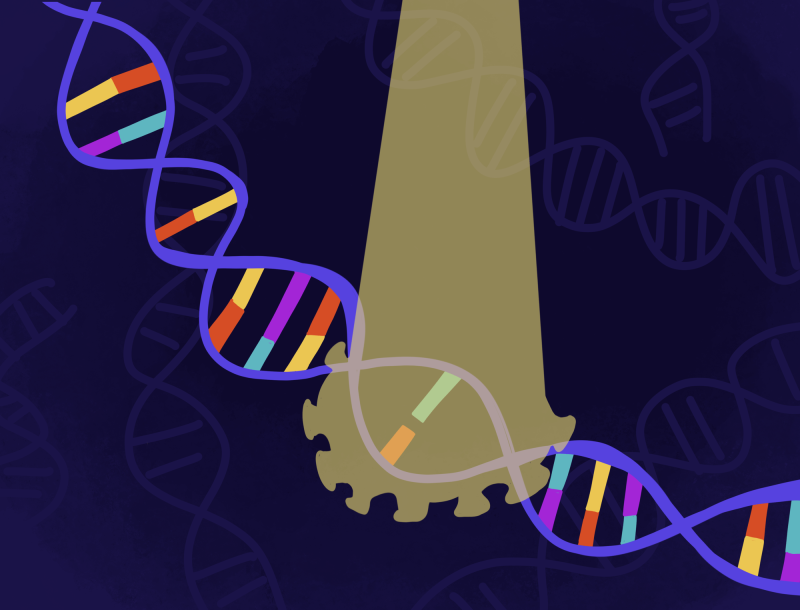A new study of thousands of COVID-19 patients has revealed eight genetic sequences that are more common in people who develop life-threatening cases.
The discovery will not only help develop new drugs to aid in the treatment of the virus, but points to existing medications that could help severely ill patients recover.
“We have discovered new and highly plausible genetic associations with critical illness in COVID-19,” an international team of researchers led by the University of Edinburgh in the UK explains in a new paper.
“Some of these associations lead directly to potential therapeutic approaches to augment interferon signalling, antagonise monocyte activation and infiltration into the lungs, or specifically target harmful inflammatory pathways.”
Since there are already drugs that can target these pathways – TYK2, for example, is targeted by the rheumatoid arthritis drug baricitinib – clinical trials to test the findings could be undertaken quickly.































